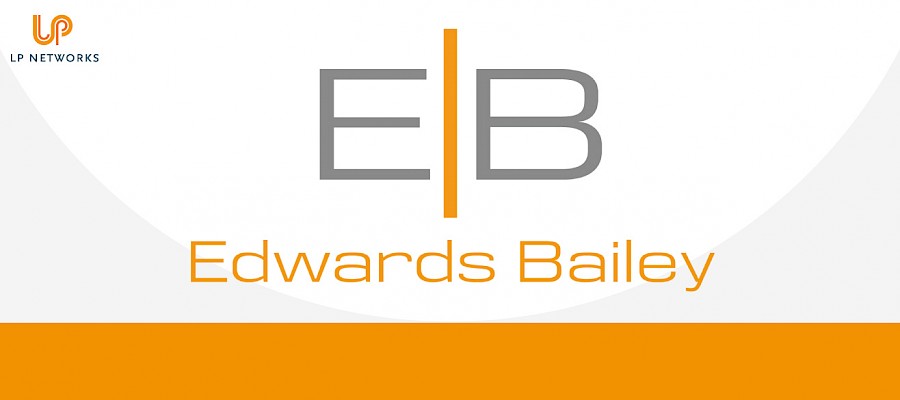- Solutions For
Specialist IT Support Services for:
- Popular Services
- Security
Security
- Our Expertise
Our Full Range of IT Services
- Learn
- About Us
- Contact
Posted 16th March 2021

At Edwards Bailey Chartered Accountants we are committed to making sure as many businesses are aware of the upcoming changes under Making Tax Digital and how it will impact your business.
Gone are the days of manual cashbooks and ledgers. With HMRC implementing Making Tax Digital for VAT back in April 2019 and with them looking to implement Making Tax Digital across all other taxes, cloud accounting software has now become a must have for all businesses big and small.
Making Tax Digital is a government plan to make it easier for individuals and businesses to get their tax right and keep on top of their affairs.
HMRC’s intention is to become one of the most digitally advanced tax administrations in the world and Making Tax Digital is making fundamental changes to the way the tax system works, with the aim of making it:
Below is how Making Tax Digital is changing how you report each tax.
VAT registered businesses with a turnover above the VAT threshold of £85,000 a year are required to follow the Making Tax Digital rules.
This means that they need to keep digital records and using Making Tax Digital compliant accounting software to submit their VAT returns.
All VAT registered businesses with a taxable turnover below £85,000 will be required to follow Making Tax digital rules for their first VAT return starting on or after April 2022.
Self-employed businesses and landlords with annual business or property income above £10,000 will need to follow the rules for Making Tax Digital for Income Tax from their next accounting period starting on or after 6 April 2023.
There will be further updates on this over the coming year, but early consultations are leaning towards completing a smaller tax return every 3 months, like the way VAT returns are currently filed.
Making Tax Digital for corporation tax is in its early consultation stages, with very little information known at present.
Once more information is available the government will provide businesses with an opportunity to take part in a pilot for Making Tax Digital for Corporation Tax. At present the government have said they will not implement Making Tax Digital for corporation before 2026.
The main change for all businesses will be that you can no longer keep accounting records in paper form or in excel, you will need to use accounting software for your accounting records.
This may mean that you need to retrain staff, employ a bookkeeper, or outsource your bookkeeping and VAT to an accountant.
Most accounting software that is Making Tax Digital compliant is cloud based, which has its advantages and disadvantages.
Our IT Partners at LP Networks can work with you to help alleviate risks and concerns regarding the technical and security aspects that surround Making Tax Digital.
Most of our clients use QuickBooks Online or Xero for their Making Tax Digital compliant cloud accounting software, however there are now more options available in the cloud accounting software market than ever before.
Both QuickBooks Online and Xero are user friendly, cost effective and scalable as your business grows.
Both QuickBooks Online and Xero are committed to making their software compliant with Making Tax Digital as the scheme continues to be rolled out, so you can be certain that your business will not be left behind and will continue to be compliant.
Making Tax Digital may seem like an unnecessary burden for small and medium sized businesses, but with proper preparation you can make sure you and your business are ahead of the curve when it comes to Making Tax Digital.
If you would like assistance with becoming Making Tax Digital compliant or have any other accounting and tax related questions please visit our website https://edwardsbailey.co.uk/, email us at info@edwardsbailey.co.uk or call us on 01708 200675.

